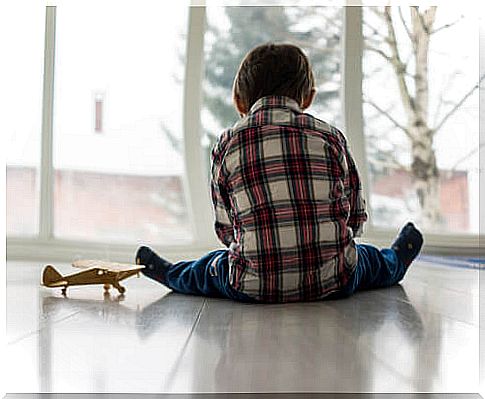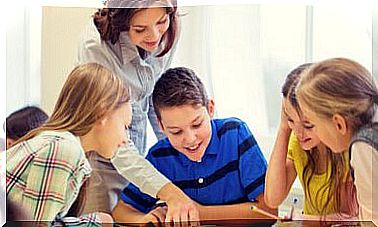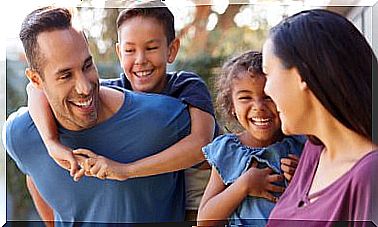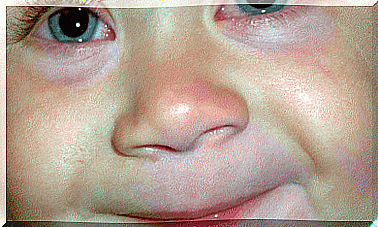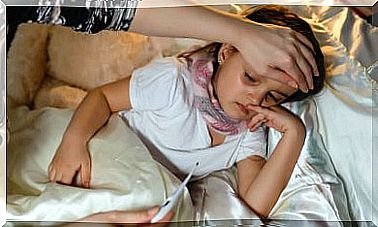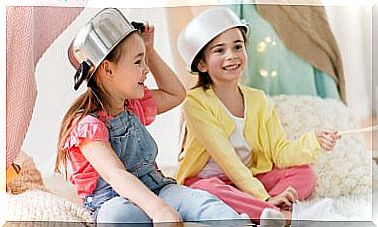Hatred In Children
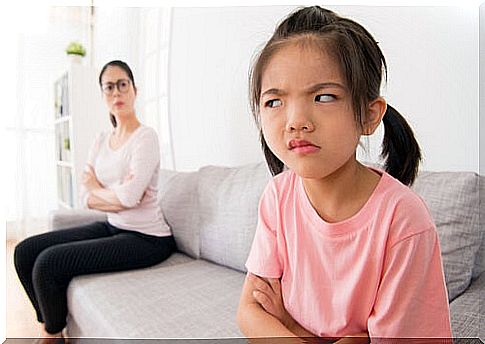
Many are the questions that arise regarding hatred in children. Mothers cannot believe when at some point their little one says to them: I hate you! Then the following question arises: do children really feel hatred?
Faced with a moment of anger, the little ones do not measure their expressions, sincerity is something that characterizes them and in episodes with strong emotions they show it off.
It may be that at some point the phrase “I hate you” occurs, although, surely, the child may not really know what hate is. This carries a very strong negative connotation, which does not necessarily apply every time you feel frustration, anger, rejection towards something or someone. Of course, when feeling the emotion with intensity, it is expressed verbally with “hatred” and this leads to the confusion of the term.
What is hatred?
Giving a definition to the word hate is not an easy task. If the one assigned to it in the dictionaries is taken into account, it can be said that hatred is an intense feeling of aversion towards something or person.
Defending yourself is natural. Therefore, when human beings feel that their security is compromised, they will seek to protect it through different defense mechanisms. This means that basic needs lead us to let go of our most primitive instincts, no matter what stage of life we are in. The fact that children seek to defend themselves does not mean that they come with hatred in their hearts.
Can a child learn to hate?
Yes, when a children. What is certain is that little ones can experience this feeling at different stages of their life.
In the first stage of childhood, the child develops intelligence and the ability to recognize the things he likes and what he does not.
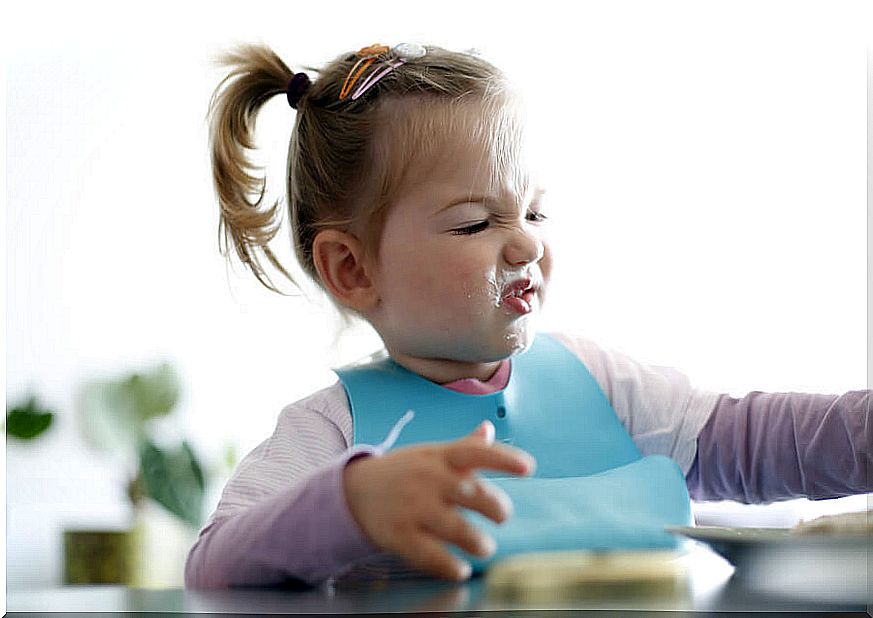
The media and social networks today contribute to making scenes of violence, rejection and aggressiveness available to everyone and influence children in a significant way.
Society, as it is currently shown, is the perfect setting to cultivate feelings such as hatred in children, which leads them to become violent and destructive adults in the future.
Can hate in children be avoided?
Events full of violence and hatred are presented in the world and unfortunately children are witnesses of it: school shootings, terrorist attacks, manifestations of racism or xenophobia, are some of them.
Since it is a bit difficult to hide reality from children, it is important that parents reinforce some customs and actions to help children cope with these types of emotions.
Attention to your mood swings
Parents must be very attentive to the changes that children experience in any situation. If something upsets them, it helps to feel the support of their parents. The idea is to take care of them also on a psychic and emotional level and teach them to understand themselves better, channel their emotions in the correct way, and help them maintain a positive attitude.
Explain the why of things
Depending on his age, the child must be explained the realities in a way that he can understand them. You should not lie to him, but you do have to be very cautious when presenting the scenarios and the reasons why they occur.
That the child does not understand why things happen and remains with those kinds of doubts, can motivate him to feel dislike for something that he thinks it is but is only the product of his imagination. Or you may think that a person is acting improperly and they are not.
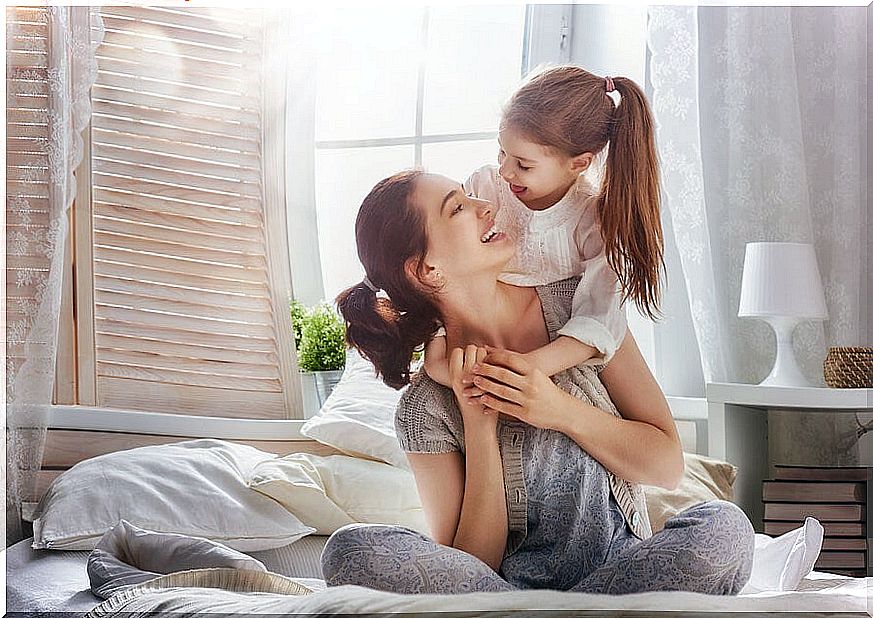
Identify emotions
Parents must learn to identify what are the issues that bother the child a lot and that lead him to feel “hate” to deal with them in time with empathy and firmness. Once this is done, concrete actions can be taken so that these are channeled in a positive way.
In other words, hatred in children should not be overlooked or left adrift, it requires attention so that it can be overcome correctly and thus, leave room for positive feelings that are beneficial, both for the children themselves and for those who surround them.
Show them love
If there is something that counteracts hatred in children, it is love. A well-loved child will be less willing to hate. With the help of your parents’ understanding, quality time and affection, you can grow in the value of respect and tolerance.
The values instilled in the home, such as solidarity, will make children human beings full of joy, goodness and, in the future, good adults.
